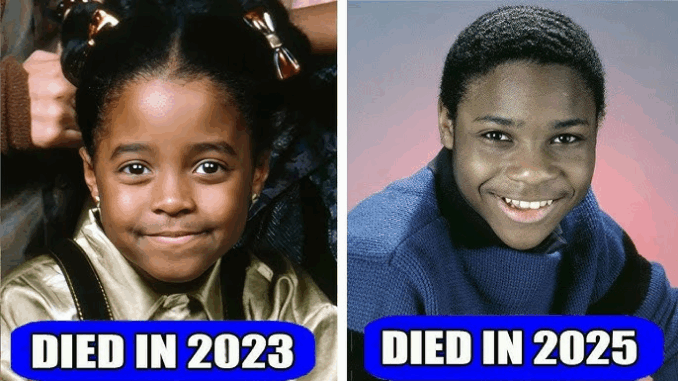
When The Cosby Show premiered on NBC in September 1984, few could have predicted the cultural and television revolution it would spark. Created by comedian Bill Cosby and writer Ed. Weinberger, the sitcom ran for eight seasons until 1992, becoming one of the most beloved—and later, one of the most controversial—TV shows in American history.
Set in Brooklyn, New York, The Cosby Show follows the lives of the Huxtables, an upper-middle-class African-American family led by obstetrician Dr. Heathcliff Huxtable (played by Cosby) and his wife Clair (played by Phylicia Rashad), a successful attorney. Together, they raise five children with warmth, humor, and life lessons that resonated deeply across racial and generational lines.
A Cultural Milestone
What made The Cosby Show so revolutionary was not just its humor, but its portrayal of a Black family in a positive, aspirational light—something rarely seen on mainstream television at the time. The Huxtables weren’t just relatable; they were admirable. The show refused to rely on stereotypes, instead choosing to highlight Black excellence, education, and family values.
This approach paid off. By its second season, The Cosby Show had become the number one show in America, a position it held for five consecutive years. It broke viewership records and dominated the Nielsen ratings, attracting millions of viewers from all backgrounds.
Impact on Television
Beyond its entertainment value, The Cosby Show opened doors for other shows featuring African-American leads and diverse casts, such as A Different World (a spin-off focusing on college life) and later series like The Fresh Prince of Bel-Air and Black-ish. It changed the way networks and advertisers viewed Black audiences, proving that diverse stories could achieve mass appeal and commercial success.
The show’s format—light-hearted, yet occasionally tackling serious issues like teen pregnancy, dyslexia, and racism—set a new standard for sitcoms. It influenced generations of writers, actors, and producers who grew up watching the Huxtables navigate life’s ups and downs with grace and humor.
The Legacy and the Controversy
In recent years, the legacy of The Cosby Show has been complicated by the numerous sexual assault allegations and criminal conviction against its creator and star, Bill Cosby. These events have cast a long shadow over the series, leading networks to pull reruns and fans to reconsider the show’s impact.
However, many critics and scholars argue that while Cosby’s actions are indefensible, the show’s cultural significance—and the contributions of the cast and crew—should not be entirely erased. The work of performers like Phylicia Rashad, Malcolm-Jamal Warner, and Lisa Bonet helped shape the identity of American television in the late 20th century.
Conclusion
The Cosby Show remains a landmark in TV history. It is a testament to the power of storytelling to shape perceptions, build bridges, and reflect the diversity of the human experience. Even as debates about its legacy continue, its role in transforming the television landscape is undeniable. For better or worse, the Huxtables changed the face of American sitcoms—and their echoes can still be felt today.
